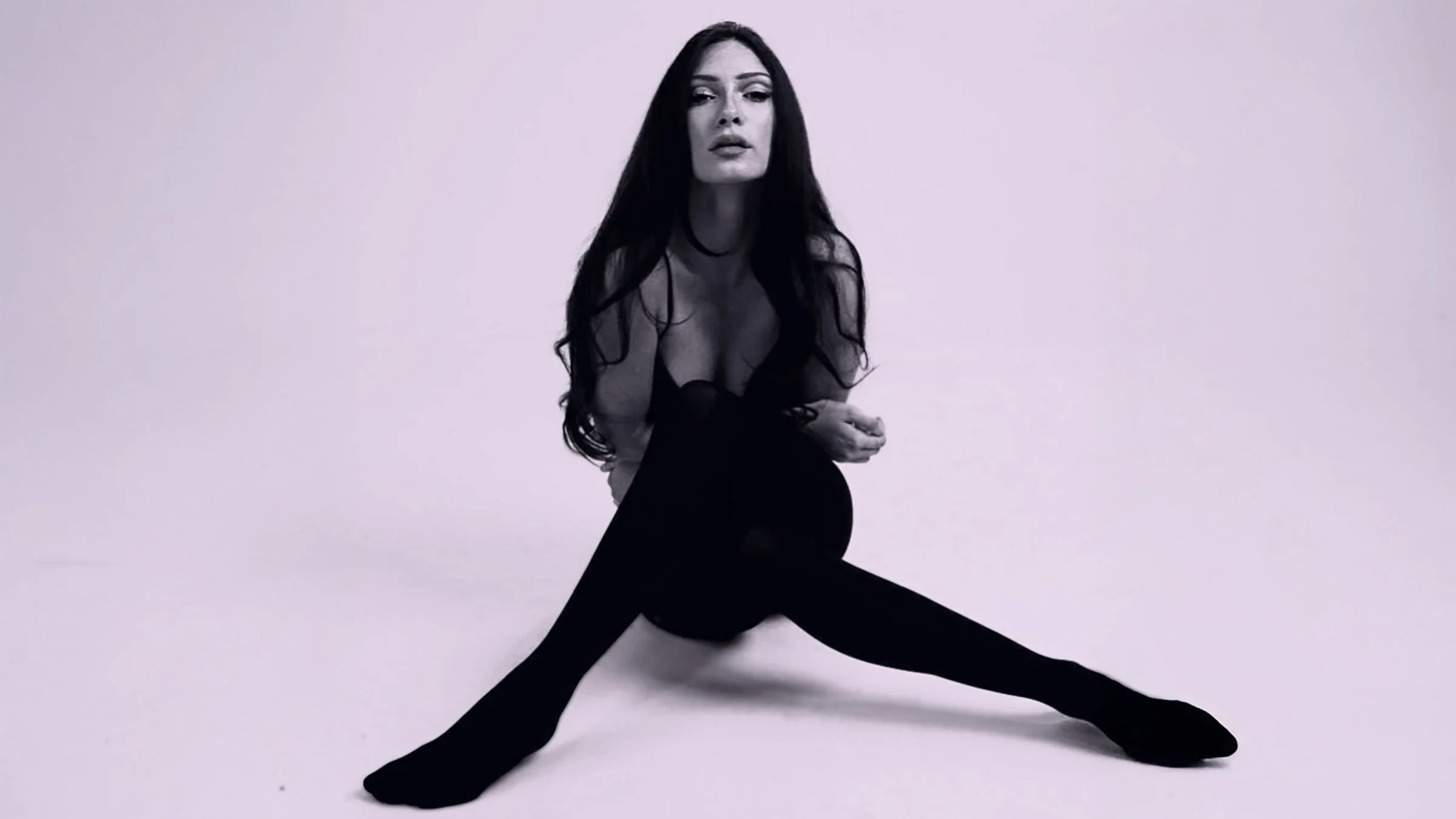The sound of sleepless Atlanta
There are nights when you find yourself staring at the ceiling, wondering what’s wrong with you. It is three in the morning and sleep has vanished into thin air. The silence feels heavy, and the only company you have is your own restless mind, looping through doubts, memories, and regrets. Once in a while, it can be brushed aside, but when insomnia becomes routine it turns into something heavier, something corrosive. Personally, I know this feeling well, and I am certain many others will too. The past suggests that the cure is not always found in chasing silence but in embracing the opposite: something loud, communal, and liberating. Sometimes, the dance floor becomes the antidote. That is the message at the core of American singer Katie Belle’s latest single “Bad Dreams,” a track that turns sleeplessness into movement.
Belle grew up in a suburb of Atlanta, a place she describes as confining. The neat houses, school corridors, and the weight of social expectations pressed her into a mould that never fit. Parents, peers, and the wider culture demanded performance: to be polite, to be productive, to be agreeable. Yet beneath that façade she carried anxiety and insomnia, habits of self-doubt that played out in the silence of suburban nights. Many who grew up in similar environments will recognise the paradox: safety can feel like suffocation, the quiet streets amplifying rather than easing inner noise. Music became her breach in the walls, a way to carve out identity when the world around her was too narrow. For Belle, the stereo in her bedroom or a song played on a late-night drive was more than a pastime — it was survival.
“Bad Dreams” is rooted in this struggle. Belle has spoken openly about long nights spent replaying conversations and regrets until dawn. The track doesn’t wallow in that cycle but flips it into something brighter. If you cannot sleep, you can still dance. If your head will not stop, let the body take over. The song’s lyrics make that tension visible. At one point she admits: “Can’t sleep cause I’m all in my head, tripping over things that I’ve said.” It is a feeling anyone who has replayed words in the dark will recognise. Soon after she pleads: “I feel the weight when I’m thinking too much, so don’t let me think too much.” Thoughts are heavy, but rhythm is light. Set against pulsing beats and synths that nod to both disco and techno, the track carries a sense of being transported, as if into a club where time hangs suspended. It captures nostalgia without being retro, offering a space that feels both familiar and urgent.
What makes “Bad Dreams” stand out is its paradox. Silence can amplify our problems, while noise can sometimes shut them down. Belle has created an anthem for the restless and the overthinkers, a piece of music that acknowledges frustration yet transforms it into release. In her hands, sleeplessness becomes less of a prison and more of a portal: an invitation to dance, to forget, to exist in the present moment. This is what connects her story to a wider cultural one. We live in an age where overstimulation and sleeplessness are increasingly common, where the pressure of constant reflection collides with anxiety. For a generation caught between the noise of the day and the silence of the night, Belle offers a reminder that music is not background filler but therapy, rebellion, and freedom. Even at three in the morning, when the ceiling presses down and the mind will not rest, there is always a beat waiting to carry you through the darkness.

